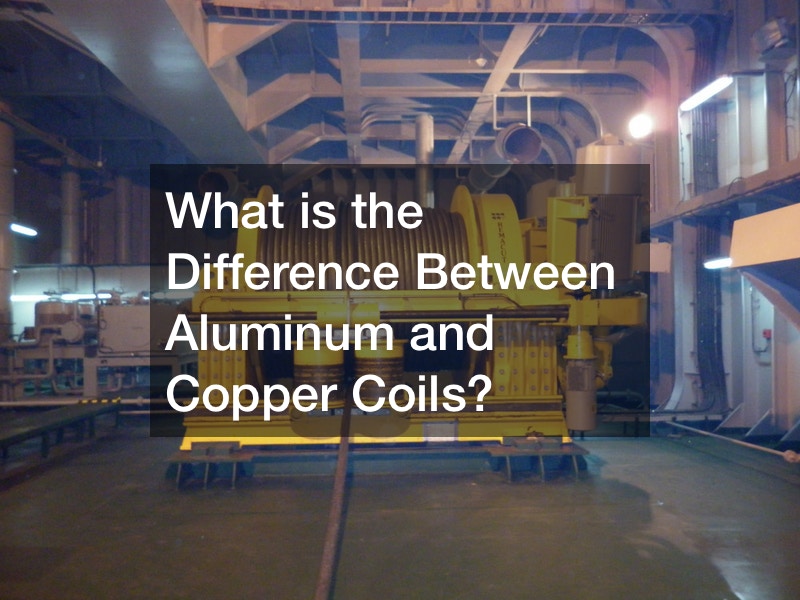
Aluminum and copper are both common metals often used to make coils. Because of this, many people wonder whether they should purchase one type of coil instead of another. Here is a look at some of the key differences between aluminum and copper coils as seen in the video, ‘Copper Coils Vs. Aluminum Coils‘:
Aluminum is not affected by oxygen, or acid like iron, making aluminum a good material for heat exchangers and refrigerators. One reason is that aluminum has a lower rate of corrosion than other metals like copper and steel, which makes it safer for people to use since there is less chance that it will rust.
Another reason that aluminum is better than copper for this type of application is that its thickness can be reduced due to the ability to maintain the same structural strength as thicker material.
Corrosion can be defined as erosion by a natural process that converts metal into oxide or other salts. When water and oxygen get into tiny cracks and pits in metals such as iron, aluminum, copper, or steel, they form an acid solution.
Aluminum coils are not only better than copper coils, but they also help reduce corrosion in vehicles, machinery, and buildings such as steel mills which reduces the amount of maintenance that has to be performed on these metal structures.


